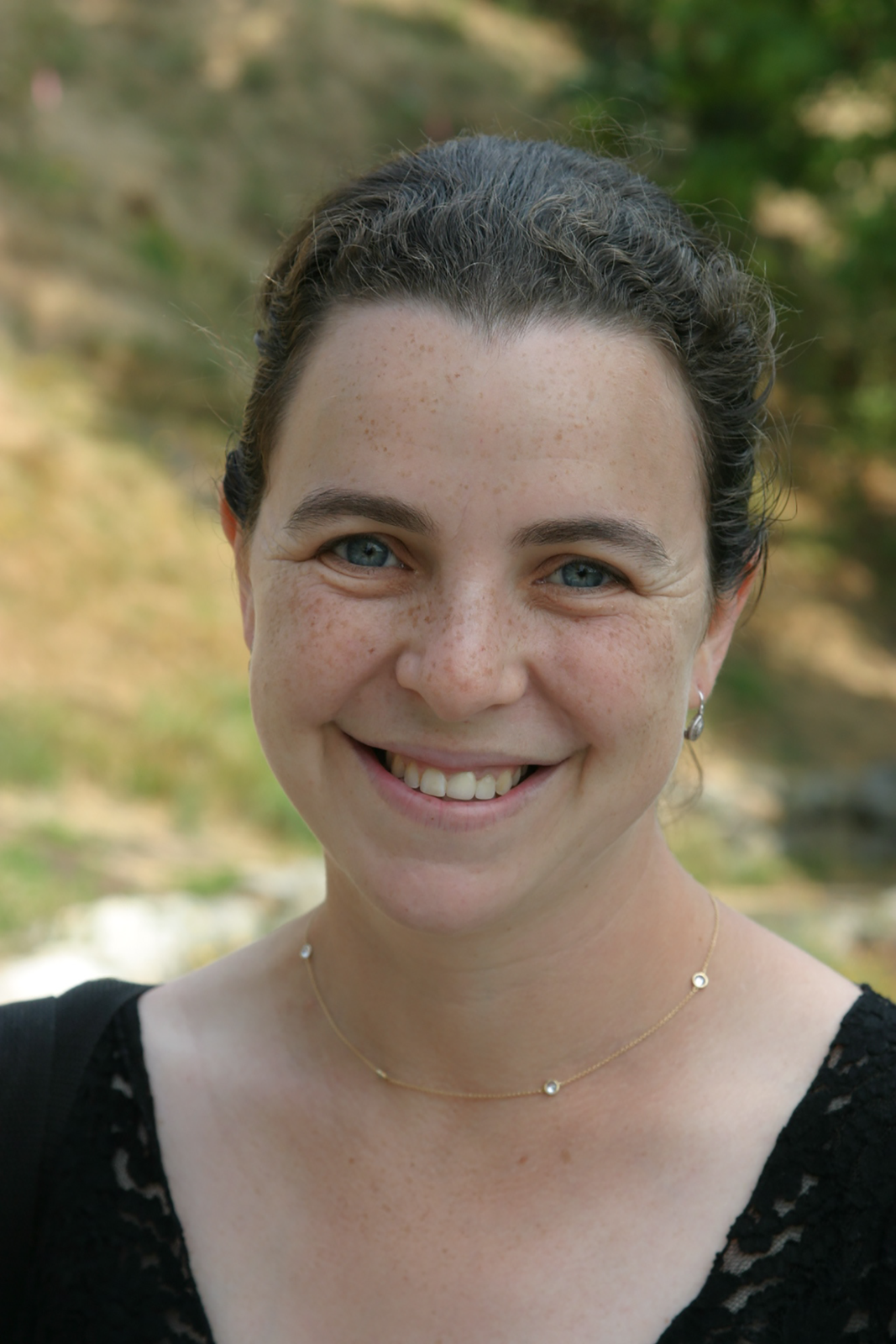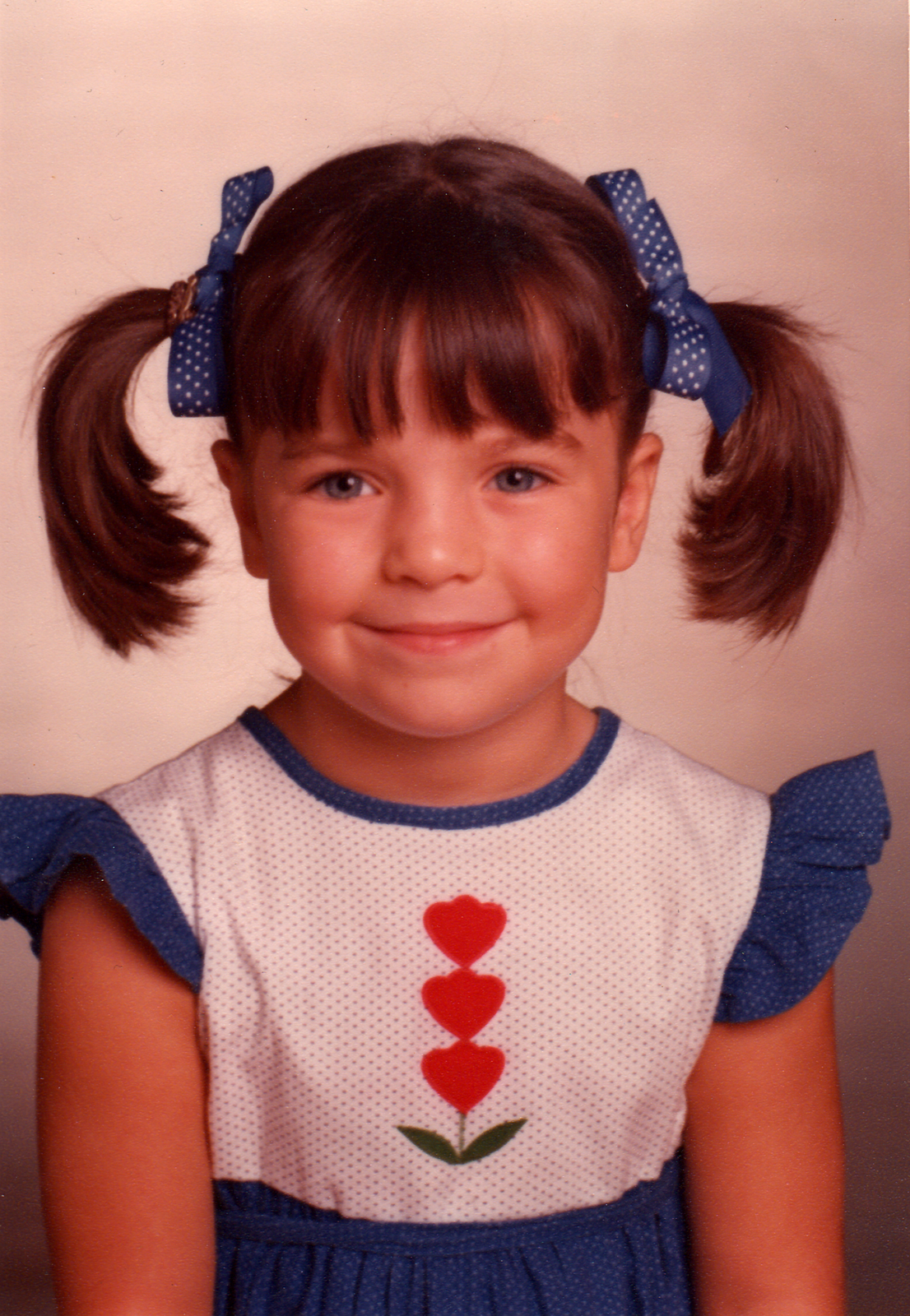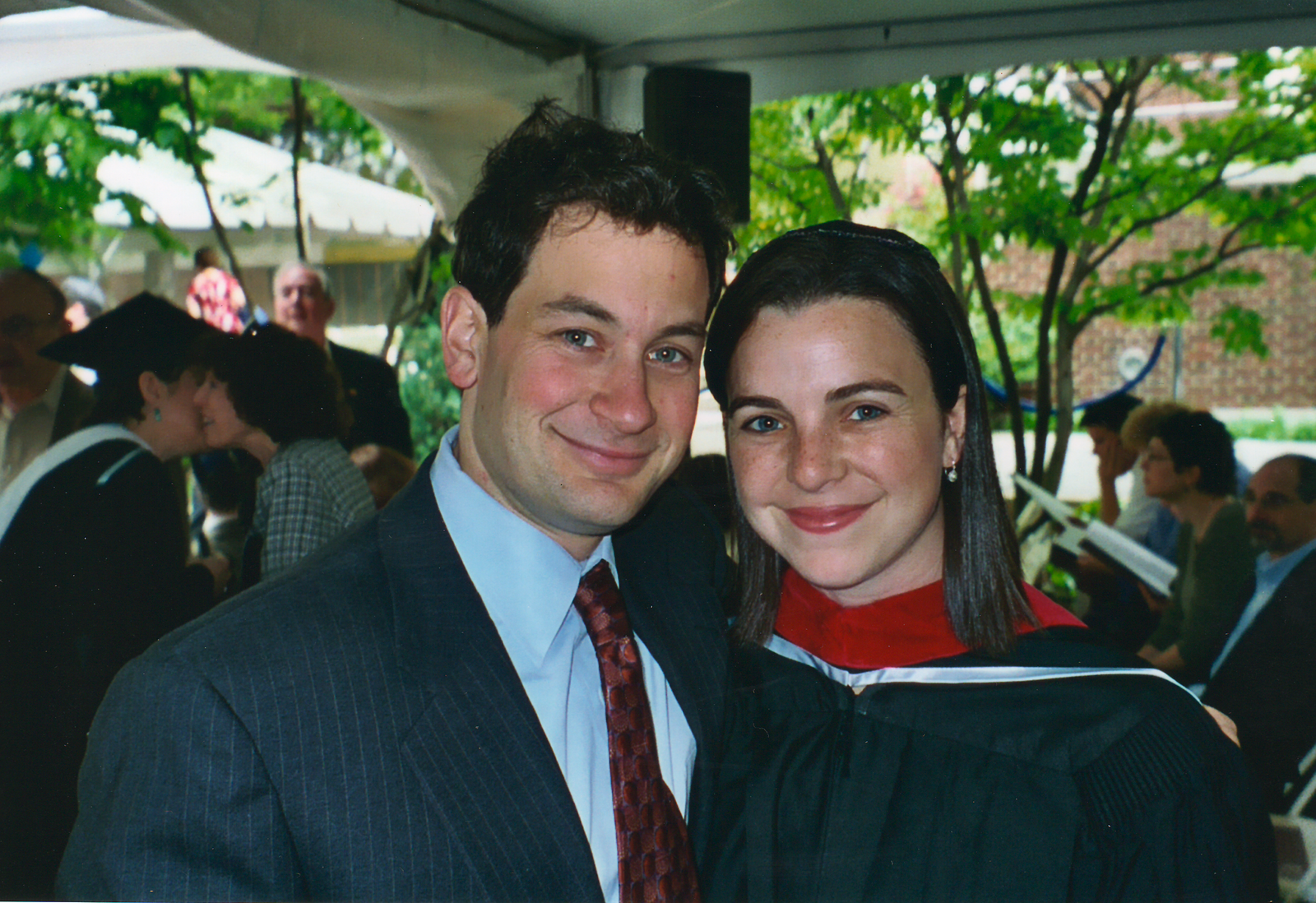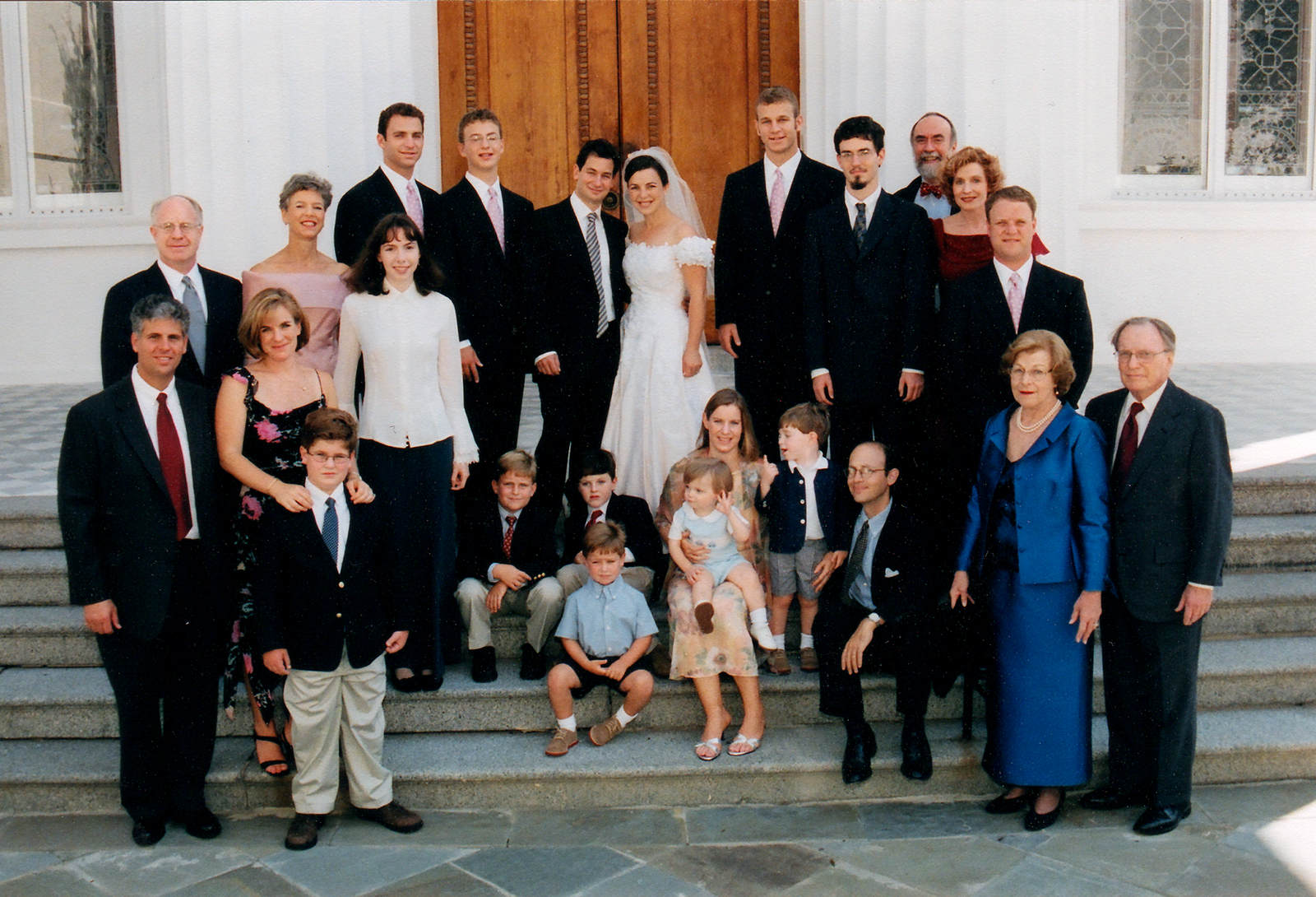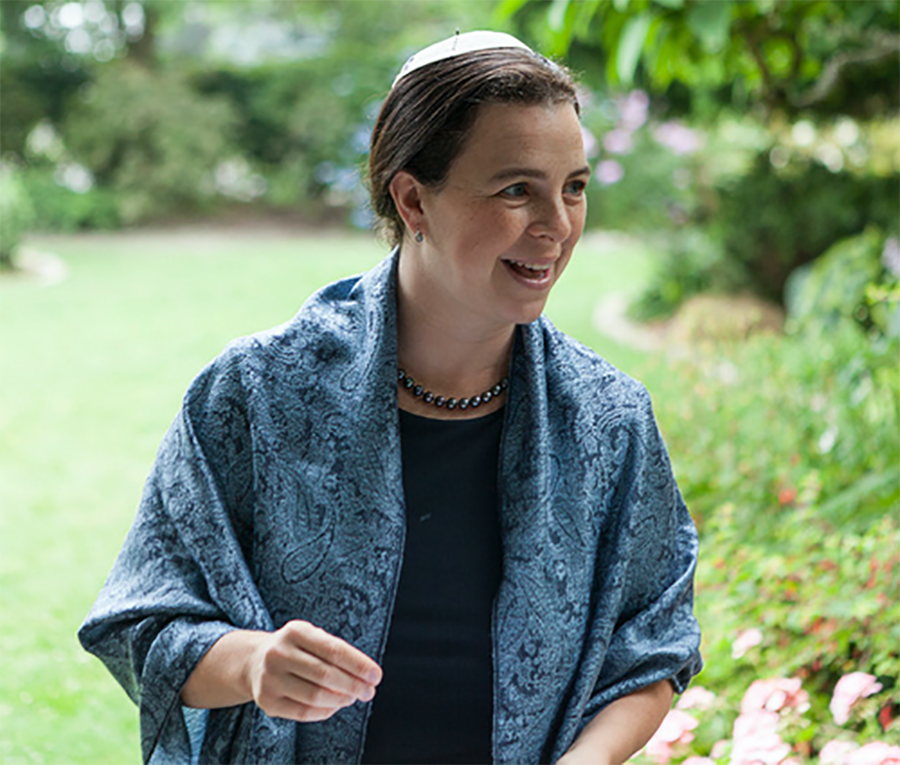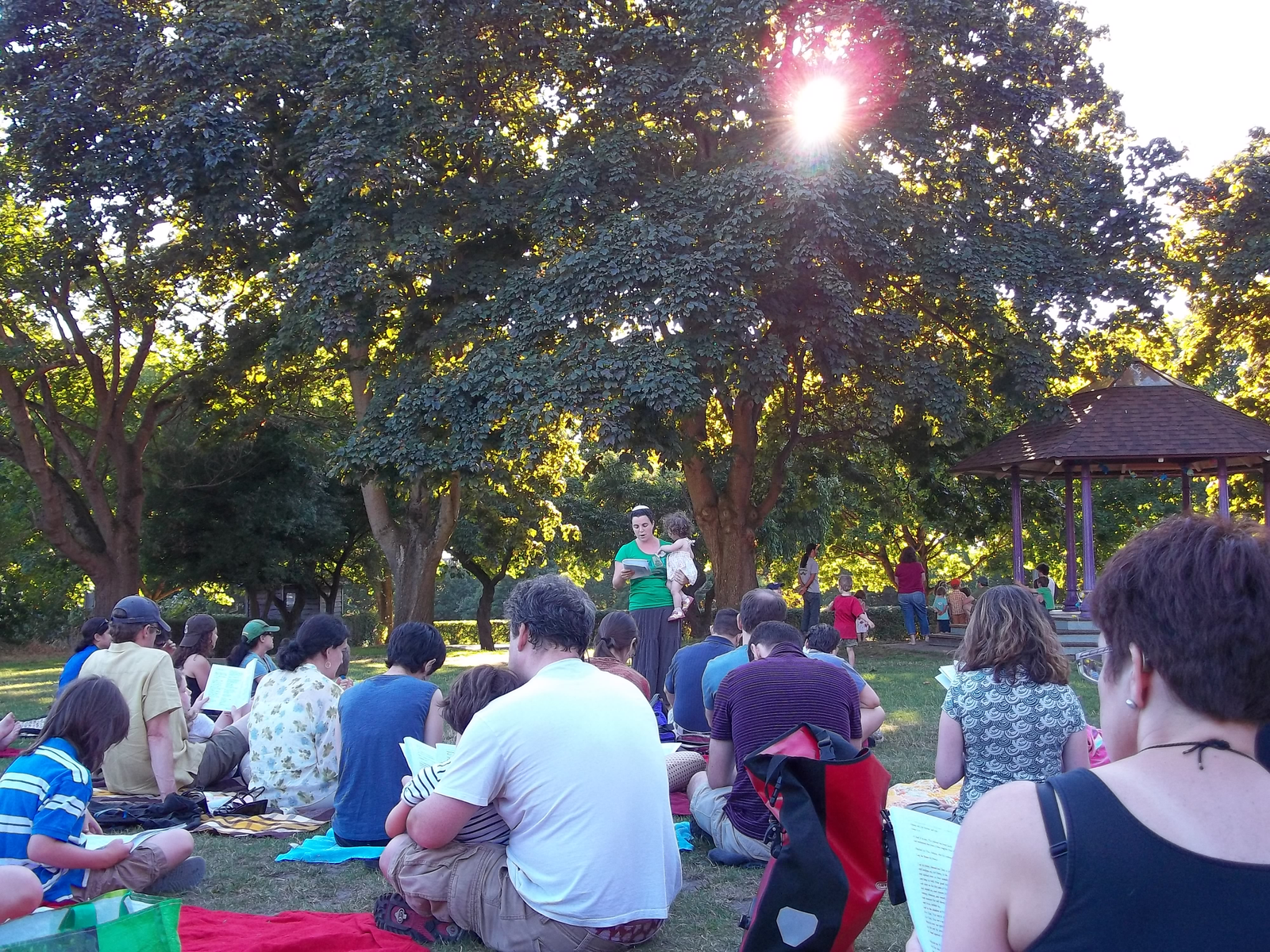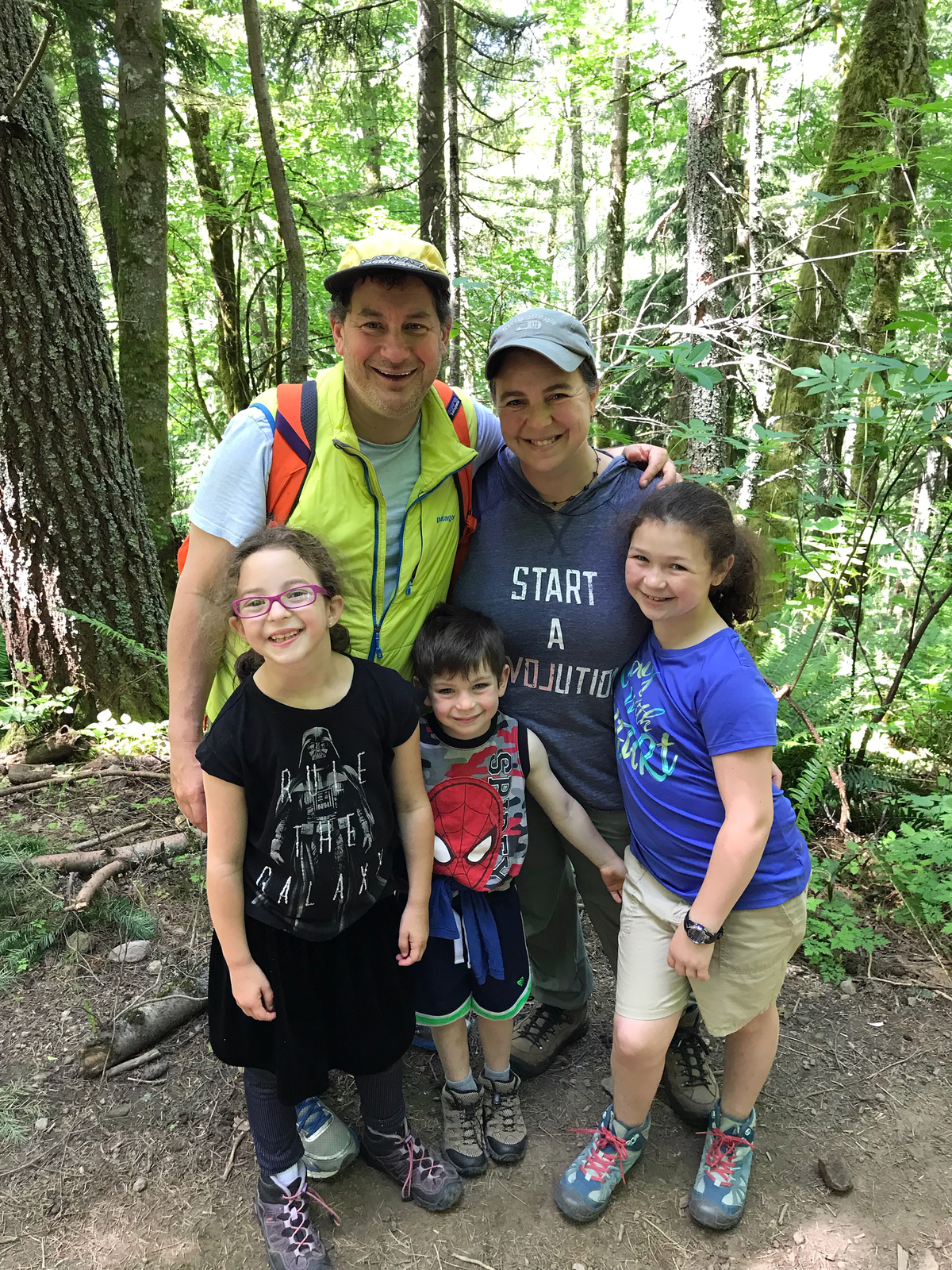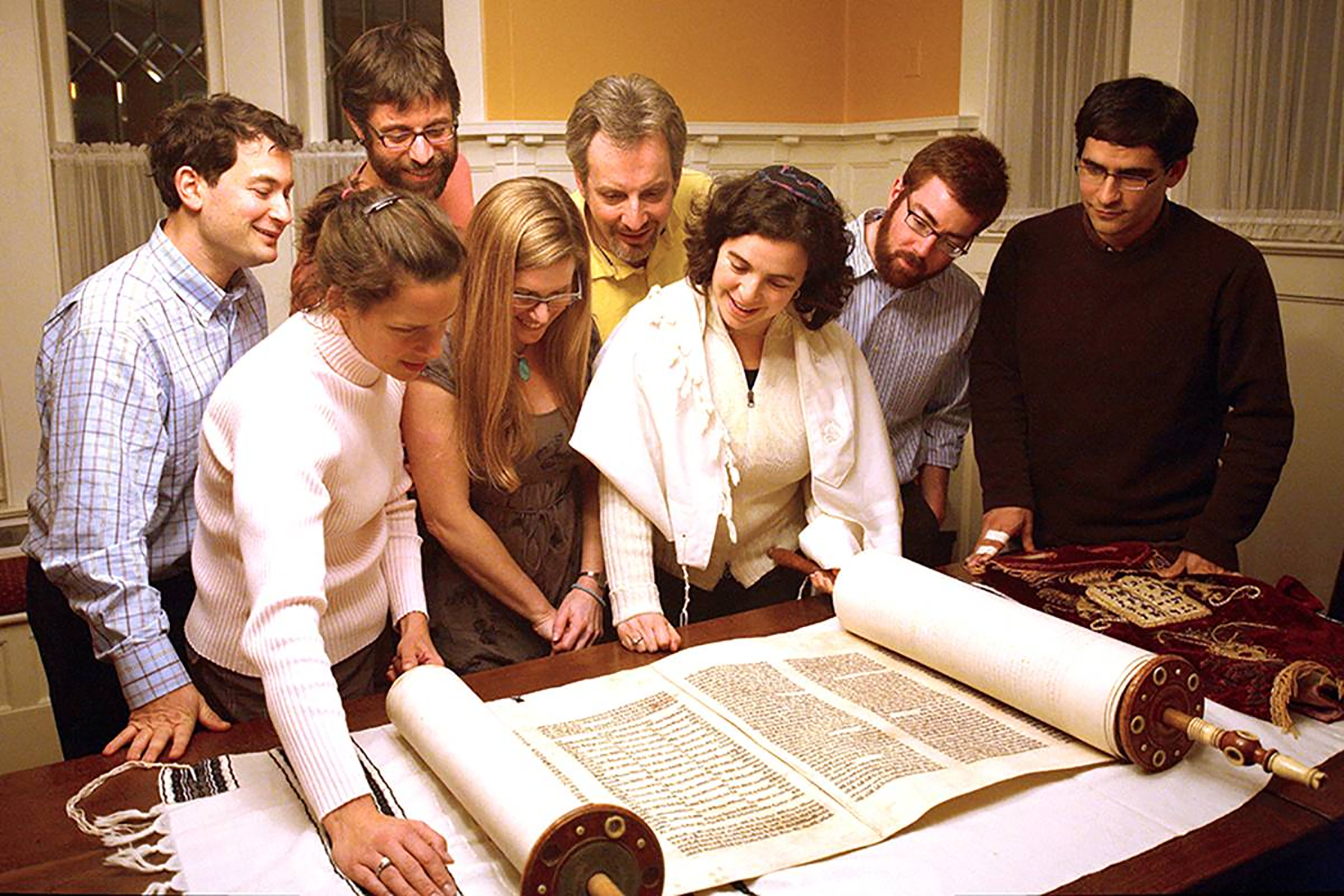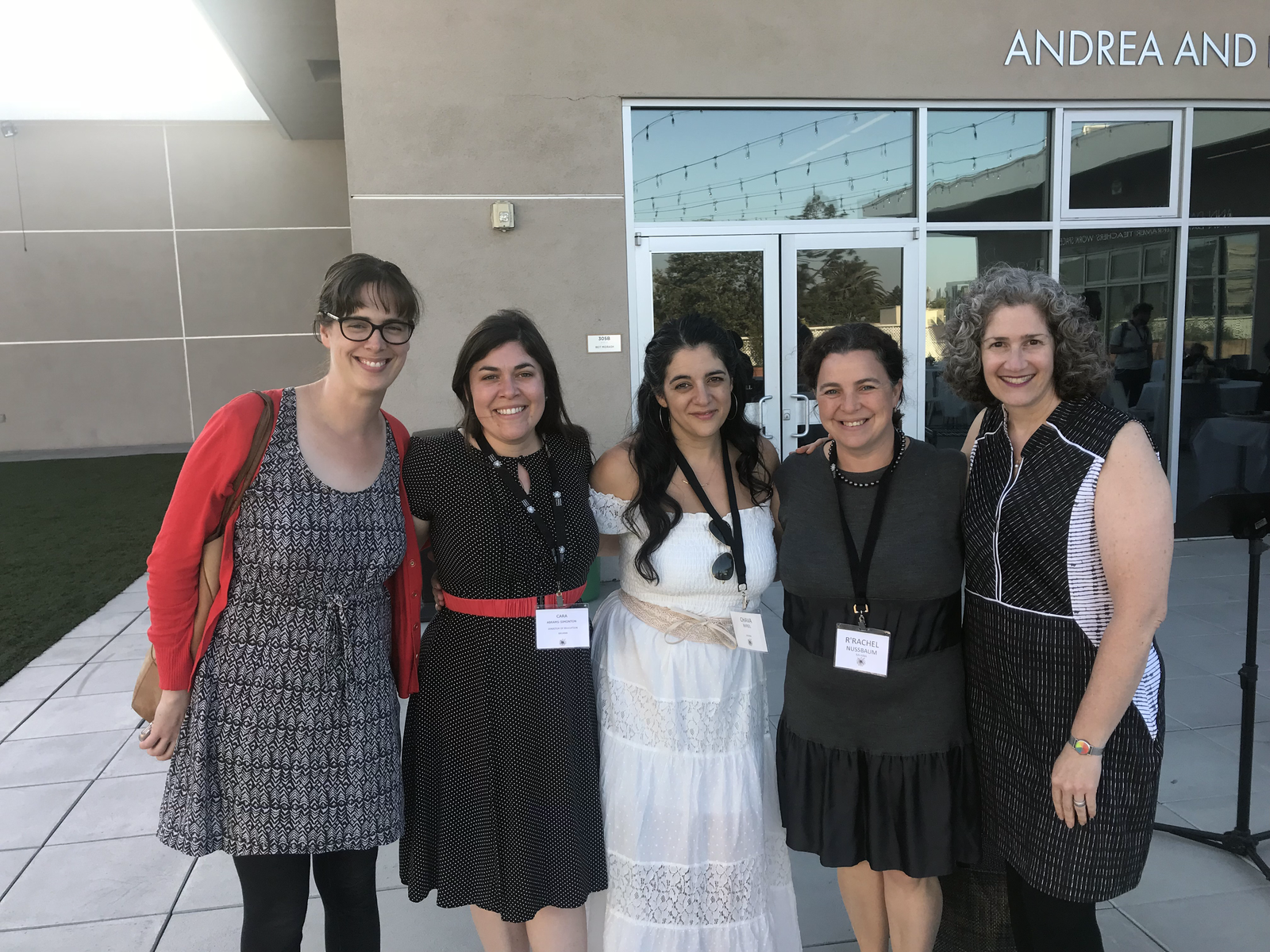I’m from Charleston, South Carolina. I am also the oldest of five siblings, the first rabbi in my family. Charleston was an interesting place to grow up because the Jewish community is historic – they've got their own version of a historical society with an awful lot of Jewish history there – but small enough that people are really interconnected. I was from a multi-generational family. My mom had grown up in the Orthodox synagogue and my dad had grown up in the Reform temple. My parents moved away for school and then came back and joined the Conservative synagogue, and my grandparents were the other two, so I grew up feeling really connected to the Charleston Jewish community.
My Jewish identity was absolutely a part of me through and through. I went to an Episcopal School for twelve years, and from first grade on I had this keen awareness of myself as a religious minority. Thinking back on it, I think my role as a rabbi probably started in first grade when we were learning Bible stories and I would explain to people: these are my stories, or these aren't my stories, or here's why I'm bringing this funny bread to eat in my lunch box on Passover. I was constantly explaining traditions and holidays and felt myself to be a bit of a Jewish ambassador growing up in this very Christian world.
My parents were very Jewishly involved and that means all sorts of different things. My parents were involved in the synagogue, and we went to the J.C.C. I did summer camps and youth groups, so I was involved in the community in in a variety of ways. I remember going to the different synagogues and I remember going to lots of community events. For example, I remember showing up at rallies for Soviet Jews. There was a lot of Jewish engagement, kind of a Jewish through-and-through life. In terms of observance, I'm more observant now than my parents were when I was growing up.
I did not know that I wanted to be a rabbi growing up. I didn't even have an awareness that women could be rabbis. None of the rabbis in my world or community were women. I was in high school the first time that I met a female rabbi, and it was like an epiphany. Now it's funny to see kids who have grown up in my community, who sometimes have the opposite reaction – they don't know that men can be rabbis. But I knew that I wanted to be in a helping profession. I was pretty sure that I was going to be in medicine, so I was going full force into the sciences when I was in college. But I cared a lot about my Jewish identity, and during college I had the opportunity to get fellowship funding to do some work on behalf of the Jewish community. I ended up working for the planning corporation for Ramah Darom, which was a new summer camp that was getting ready to start in the southeast. My job as the intern was to write thank you notes to donors, but also to travel from town to town to small Jewish communities and convene community members and talk to people about their Jewish identity and what they wanted. People started talking about their Jewish communal life in this robust way and that was probably the moment where I got hooked on this idea that a helping profession didn't have to mean physical healing; a helping profession could mean helping to build community and to provide resources for people, for life. I went back to campus the following fall and started taking some Jewish Studies classes and found out that academically this was an interesting topic to me. The deeper I went, the more I started to think about whether there was a professional role that would bridge that academic interest in Jewish Studies and that desire to create Jewish community.
Religious and communal aspects of Judaism
That's one of the unique features of Judaism, that it's very hard to pick apart the strands. I often hear people say, “I'm Jewish, but I'm not religious" and to me, the cultural and the religious are so intertwined that it's hard to know what that means. In my experience, the driver has never been theology alone, it's never been only about God belief. It is interwoven that those religious strands and those underpinnings, together with the culture and the practice (what we do in the every-day, how we make life decisions, how we celebrate important moments), lead to that bigger understanding. Those two things are like an infinity loop, they're kind of self-reinforcing when you're inside that system. So to me, the vehicles for building community are very much religious and cultural, and the more people are invested in that identity, the stronger the sense of community, the stronger the tapestry of that fabric of community becomes. Like, what's Passover? Is Passover religious or is it cultural? Is it about the food? Is it about who is around your table? Is it about belief in God? Is it about this narrative of history that leads us to redemption? It's all those things, and it's hard for me to pull them apart, so I'm trying to create platforms that help people find their own language.
Family response to her ordination
I remember coming home from college and telling my family that I was going to be applying to rabbinical school and my parents were very supportive. I think they see their role as parents as “Let each child develop their own interests and help launch them in the direction that they want to go,” so I always have felt that support and I'm grateful for it. But my grandparents, and specifically my grandmothers, were sort of taken aback at the beginning. Each of them came around to seeing the value in what I was doing, but their initial opposition to my being a rabbi was expressed in two really different ways. One of my grandmothers said, “A nice Jewish girl can marry a rabbi, but you're not supposed to be a rabbi.” She was coming from more traditional mindset where she couldn't imagine a woman playing that role. For my other grandmother, it was a different opposition. She had defined herself as so Jewishly secular in opposition to the orthodoxy of her parents. She said, "Why would you waste your intelligence, talents, and skills on doing something that's so old fashioned?” I think she saw history as progressing away from religion, so I tried to explain to her at the time that the way I understood Judaism was that this was never going to be old, it’s all about taking old tradition and making them relevant for our time, for a new generation. I think once I actually was a rabbi, she was able to see what that meant for me, but at the outset, that was her opposition.
I’ve had many mentors and role models, I've sort of collected them. The first woman rabbi I knew was a teacher of mine, Rabbi Sharon Cohen-Anisfeld, who is now the President of Hebrew College. When I was in college at Duke, Steve Sager was the rabbi of the local Jewish community and was an important mentor. During rabbinical school I took a self-proclaimed hiatus for a year, just to do something a little bit different and moved to California. I was working in a congregation in Palo Alto where the rabbi was Sheldon Lewis. He was nearing retirement age and I went into his office whenever I could and kind of sat at his feet and said “Open your files, show me what you have, what do you collect? What do you learn? How do you do this on the ground? You've been doing this for decades.” I have found many rabbis to mentor me over time.
I ended up in Seattle in 2004. I had been married for a year, and my husband and I were both finishing our respective graduate programs – I was being ordained, he was getting a Ph D. – and we were both looking for jobs (one academic, one rabbinic) in the same city. One of his possibilities was at UW and there were a couple of rabbinic positions open in the Seattle Jewish community, so I came out in 2004 and interviewed for positions. I ended up taking a job at Herzl-Ner Tamid as an assistant Rabbi and was there from 2004 to 2006. My husband and I had vacationed out here, had driven all over the Olympic Peninsula and we were taking a ferry back across to Seattle and we sort of looked around and said “Gosh, wouldn't it be amazing to live in a place like this someday?” We were really drawn to the physical beauty of the Pacific Northwest but coming from New York directly to Seattle felt like a huge culture shock. We’d been living on the Upper West Side in Manhattan and you walk outside and the world is Jewish, everything around you is Jewish. We came out here and we missed that Jewishness of New York. We missed having friends and a community that was steeped in Jewish life. So, we sought to create, in our own way here, a higher intensity Jewish experience.
It was 2006 and I had been in Seattle long enough to know the lay of the land. I had some friends who were here who were my age and they weren't affiliated with any congregation. I had seen lots of younger Jews, mostly transplants to the Seattle area, who weren't affiliated. Suzi LeVine and I started playing with this idea that not affiliated didn't necessarily mean disinterested in Jewish life. Suzi had been really involved at Hillel, but felt like she had really outgrown it, having a baby and a toddler running around during High Holiday services. She was looking for something like a Hillel, but for adults and families. She had this whole laundry list of “I want these things and these things, and this is what we want for our kids,” and asked, “Which synagogue in town is going to offer us that model?” I laughed and said, “None of them are going to offer that, but when you're ready to create it, let me know,” and that was the beginning of these conversations. If we were going to create a Jewish community together, we knew that there was a population of people out there who weren’t finding their way into the existing synagogues; maybe because of location, or sometimes because of the mentality of it. We asked ourselves, “Could we create something really different? A model that would actually meet the needs of a broad swath of this younger generation, a new Jewish community,” and that's where the Kavana idea was born. We started discussing what that would look like and decided pretty quickly that it would be an intentional Jewish community. Kavana means intention, and it expressed exactly that – the goal that people were really thinking in an intentional way about how they wanted their Judaism to be manifested in their life.
Opportunities and challenges of starting a new community
It felt like an incredible privilege as a relatively young rabbi; I had gained some of the skills of being a rabbi, and now I had this clean slate to get to play and experiment and take some risks. I was able to think broadly about how, if we were going to build a Jewish community that was new from the ground up, how that would be structured, what it would look like, and what the culture of it would be. It felt like an opportunity to get to do something from scratch, and to mesh with the local culture. The challenges were that it was very hard to create something wholesale from scratch. We had to create a whole new vocabulary (in a sense) because we were thinking about creating this holistic Jewish approach, which I describe as similar to a Hillel model, but for everyone. We thought this is going to be a place where it's part synagogue, part J.C.C., part community, part educational institution. It’s a hybrid model and we don't have a name for that, so we sort of invented a vocabulary trying to explain that idea. Trying to undo some expectations was a challenge; however, getting people excited about new ideas was not a challenge! People started showing up the very first event; we did a Friday night in the summer, like a Shabbat in the park kind of a thing, and almost one hundred people came. The response has been and continues to be tremendous.
When I tell people about Kavana now, I tell them that what we're trying to do together is build a different model for a Jewish community, where people are empowered to create the Jewish lives that they want for themselves. That's it in a nutshell. I don't have one preconceived notion of how that looks, and it can be a little bit different for everybody. But we're building the platform together and what we know that the deeper people get into being a part of a Jewish community, the more positive outcomes you're going to see. I could say that Judaism feels like a meaningful framework for my life and I've grown in my Jewish knowledge from being a part of this. I have more Jewish friends from having been a part of this community, I have a deeper sense for spiritual life or a deeper sense of connection to the religious aspects of Judaism or to God. People could say all those things by virtue of having been involved in a community like this like, and those are all signs of success.
We don't have a building. The future could look different, but at this point, there's no aspiration to have a building. Kavana has succeeded largely because the investment of the community has been in the people and in the programs, and not in the physical infrastructure. Not having a building has sort of freed us. It means that nobody's paying for a building, we don't have to raise the money for a building, and we don't have building assessments to keep the roof on or the heater working or any of those things. It’s given us a lot of elasticity. To be able to say, “Where do we want to be for this, what would be the space that would make the most sense for this kind of an event?” has been very freeing because it's allowed Judaism to really be in people's lives. This creates that physical muscle memory that kids who are growing up in this Kavana community have, that Judaism is happening everywhere. It’s happening in their homes, indoors, outdoors – like Judaism is their life, not a building.
For instance, on the High Holidays this year, Kavana rented space from two different church buildings in Queen Anne. We had a whole slate of offerings in each building and they were just a few blocks apart, so people walked back and forth between them and there was this lovely sense of community. We put out a schedule of events, almost like a conference schedule. If you wanted a family service, a traditional service, a liberal service, discussion groups for teens, yoga, or meditation – we had all of these options. This format empowers people to pick and choose what they want. As the rabbi, I see my job as setting up these options, each of which should be content rich and have deep Torah and deep Jewish practice, but the onus is on the participants walking in the door, where I'm saying to each of them, “What do you want?” We provide the fluidity, the flexibility to make those decisions, all within the context of community.
Transform the entire American Jewish world – that’s modest, right? But I say that in all sincerity and with a high degree of humility. None of this is easy, and nobody's going to do this work singlehandedly, and I think this is the internal Jewish struggle. Judaism today looks very different than Judaism did in medieval Spain which looked very different than Judaism did in the days of the Tanakh. We've been through all these windy Jewish roads and Jewish time and Jewish space and it changes the experience. There are threads of continuity that run through all of that shared history, but it's as if each generation has to figure out what is Judaism, how's it going to manifest to actually be relevant and add value to our lives here in this time and in this place. That's the question that I'm asking and I think all of us are asking it - it’s not all about me, it's not all about Kavana - that's the question that all of us are asking: how is Judaism going to animate our lives and help us be the people that we want to be in the world in this day and age? I guess that's the piece that I'm most passionate about, trying to figure out the answers to those questions.
